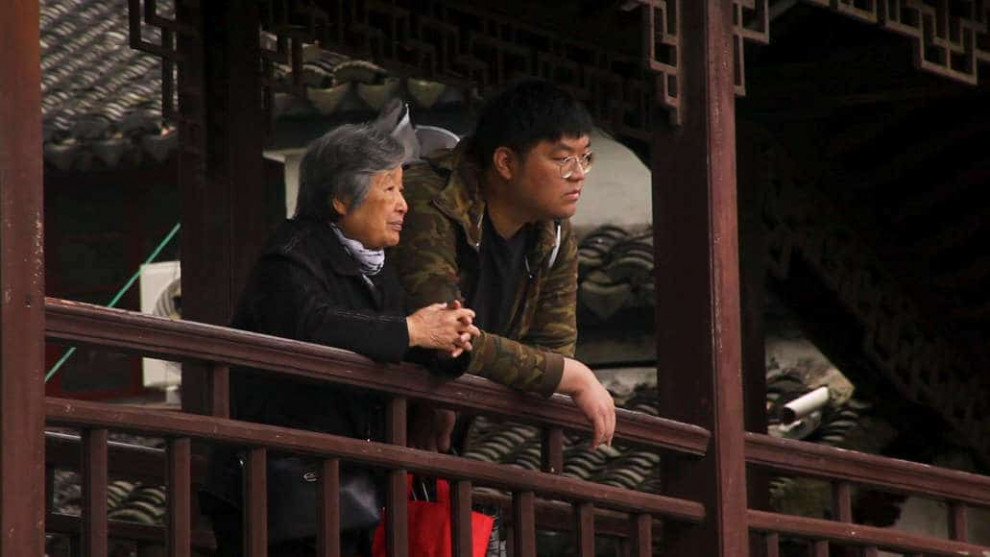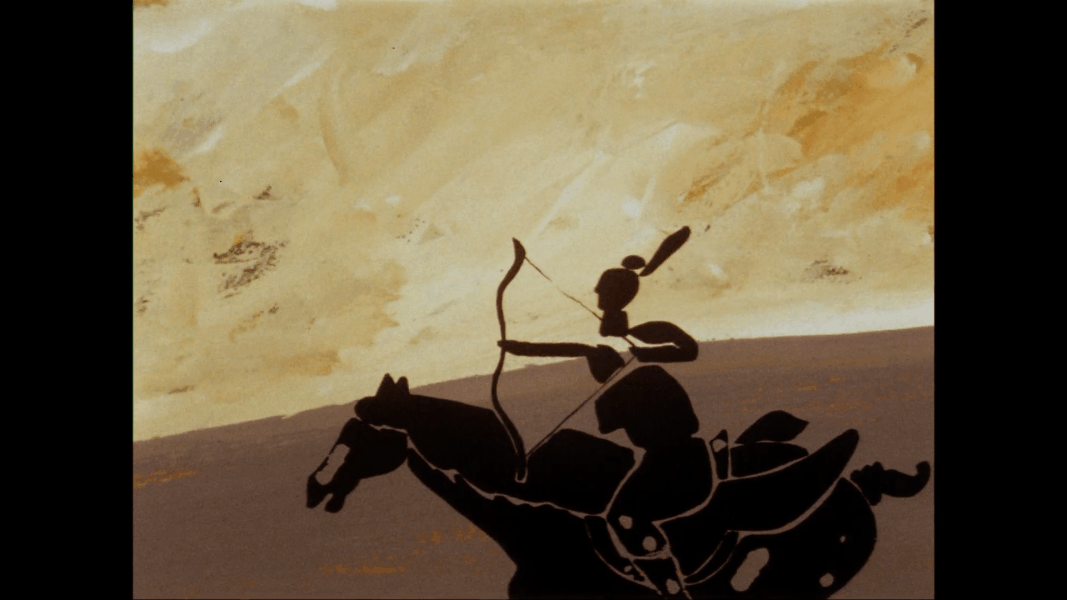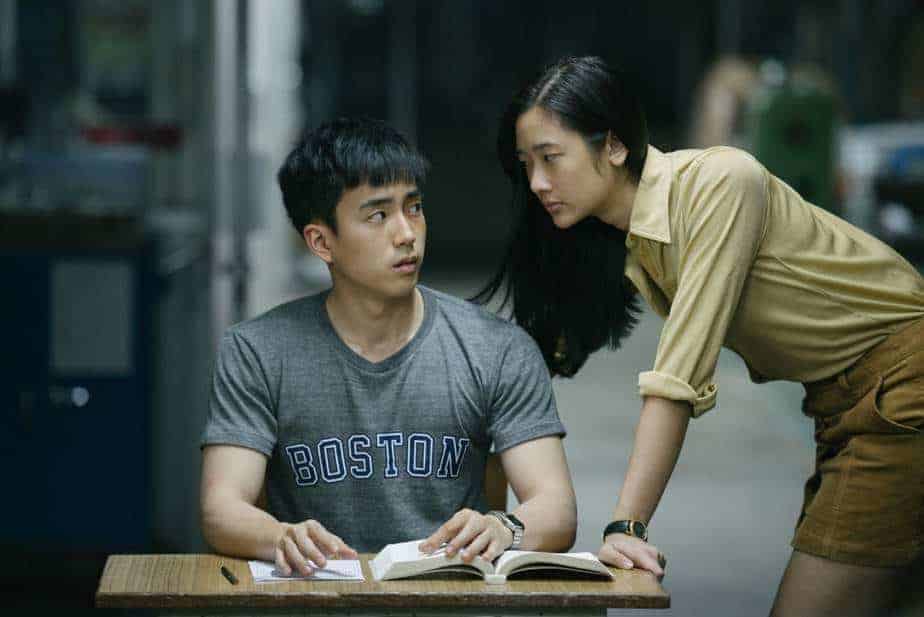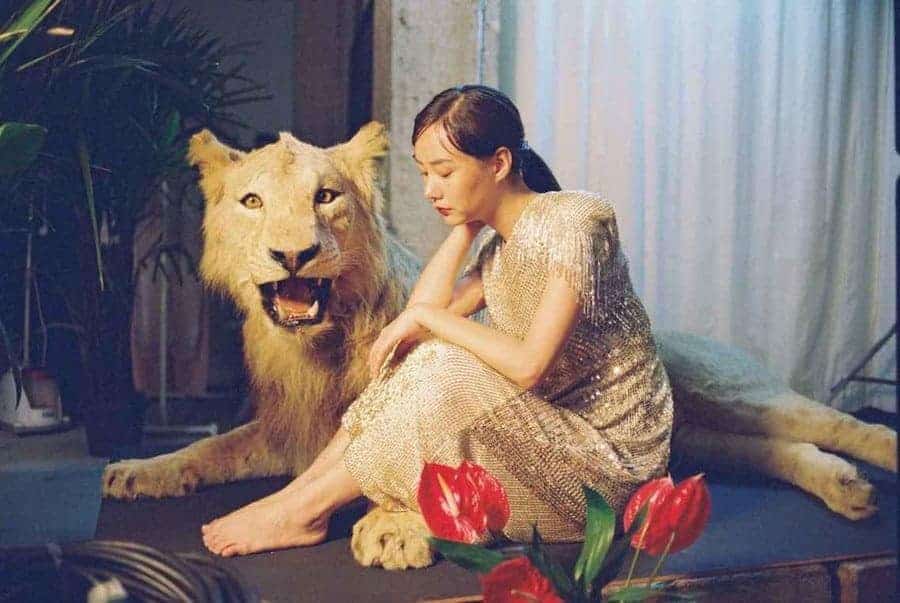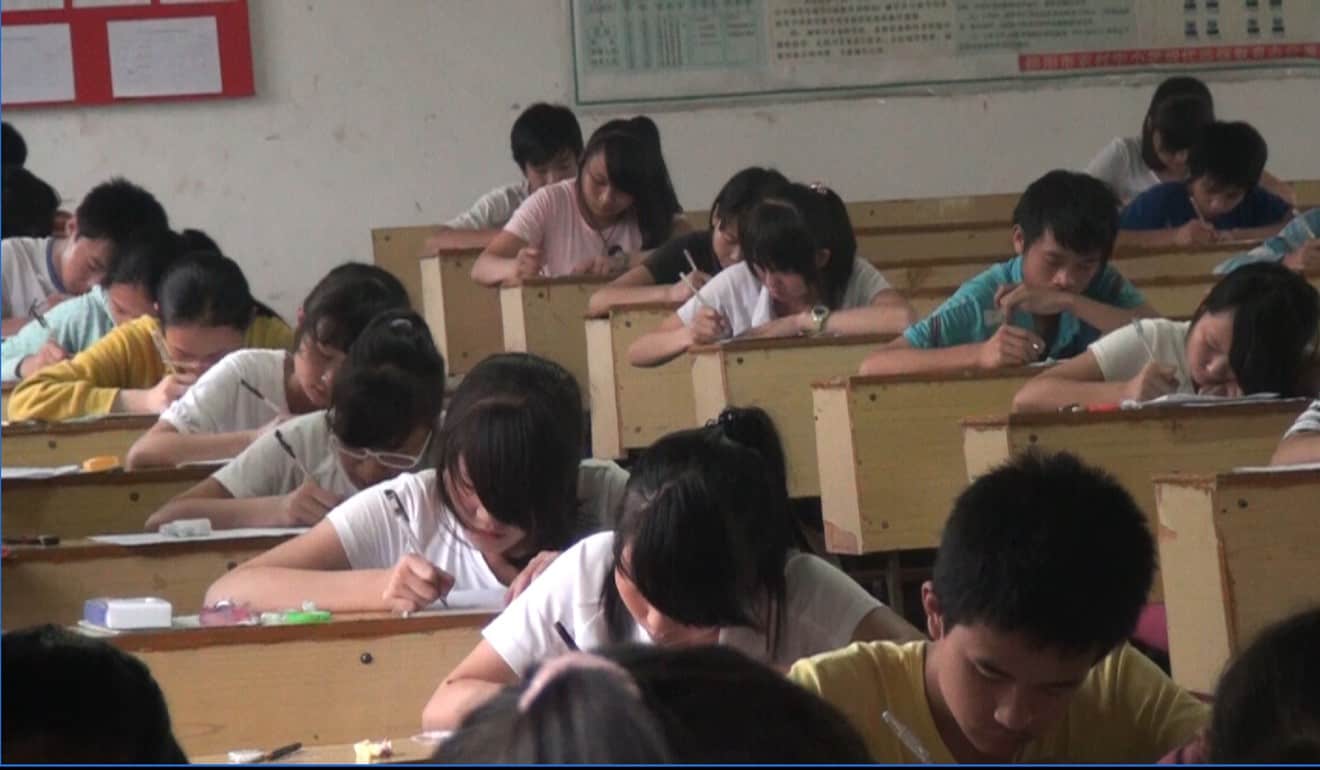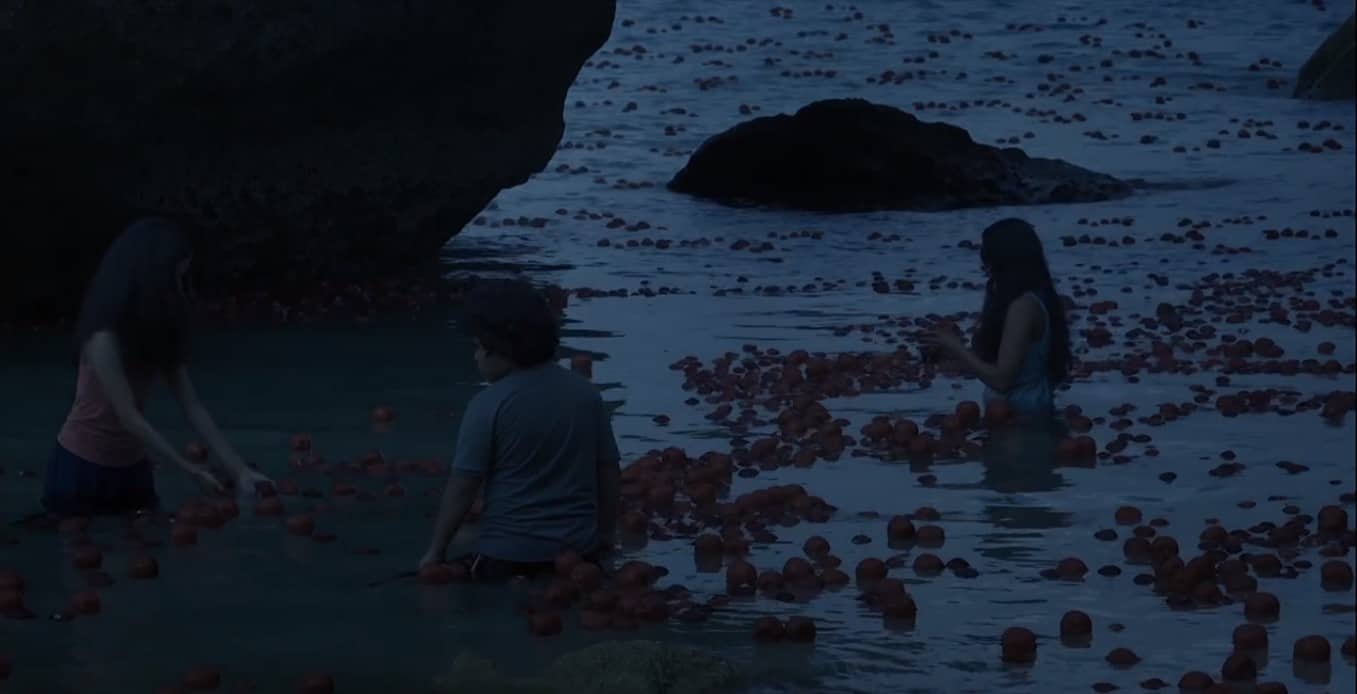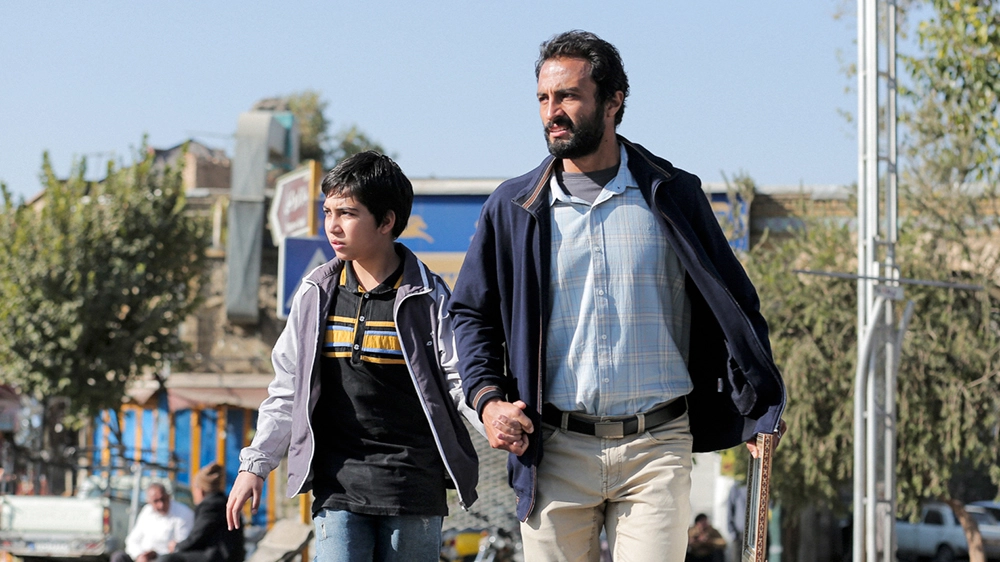Catalan director Adrià Guxens is such an Asian film buff that he decided to bridge his passion with a filmmaking career and his show-reel proves he is actively moving towards that goal; a Wong Kar-way homage, a Chinese commercial, an Asian Film Festival promo; one thing leads the other and after his first Asian short “Meiying MG-01” in 2018, Adrià was offered a place in the Chinese scholarship “Looking China”, won the second price and was able to complete “I Don't Think It Is Going To Rain”, shot in mandarin, between Shanghai and Zhujiajiao. He's already jumped onto the next project, now in stand-by for Covid reasons and waiting to be restarted.
The megalopolis of Shanghai is surrounded by small, ancient river towns that are extremely pretty – like little Chinese Venices – and quietly sit on the thick net of rivers, affluents and canals enveloping the outskirt of Shanghai. They were once very quiet retreats, until tourism discovered them, helped also by the filming in location of one of the Mission Impossible installments, so that now you can even stumble into a cardboard cutouts of Tom Cruise and have a selfie with “him”. But this is only the worst-case scenario, in general these picturesque towns, alongside a certain degree of loss of authenticity, have generally benefited from the circulation of people and money and the local commercial activities are doing rather well. It is what happened to the family portrayed in “I Don't Think It Is Going To Rain”.
After founding and establish a traditional restaurant in Zhujiajiao, Ling Xiuzhen passed it to his son and moved to Shanghai with her then 3-year old grandson to offer him a better chance of a good school education. Like many Chinese families, divided by work, she raised her grandson as a “single grandparent” and now, 27 years later, they still live together in her small apartment in the big city. Grandson is busy with his IT-related job, tapping away all day, while Ling reminisces about her native Zhujiajiao and the future of the restaurant. Just before the Labour Day the two decide to use the 7-day holiday to go visit Zhujiajiao.
We follow them walking around the town, with Ling Xiuzhen noticing the growing crowd of foreign visitors and the changes in the urban landscape. The family commercial activity is doing well, and a fish lunch is an occasion to talk about future plans. Ling had always thought the grandson would take over his dad's role in the restaurant, but he has other plans.
This gentle, pensive documentary is a rather accurate snapshot of modern China whose fast development has left behind the old generations, while at the same time propelling the new ones well ahead.
Many elements of the film have a strong symbolic resonance, the river and the bridges recall the passing of time and the gap between the two generations, highlighted. with the touch of humor, by their physical imbalance; Lings so minute and grandson tall and robust. Moreover, her remark about the river being murky and opaque, while in her times it was clean and transparent, seems to echo her feeling of not being in control of the future anymore. For Ling the future is as opaque as the water running under the pretty bridge where she stands, and the title of the movie playfully observes how unpredictable the future can be.
However, the melancholia of the subject matter is reconciliated by a sense of affection and familial love oozing from the two; there is no anger in the matter of fact negative answers that Ling gets, and we can see she hides resilience behind her disappointment. And all of a sudden the title could be read also as a touch of stubborn optimism.
The direction is unobtrusive, often observing the characters from a double frame, a door or another room, but at the same time, close-ups are intensely poignant and little hand gestures are given full attention; the quick tapping on a keyboard, Ling adding shrimps to the grandson's rice bowl while talking, his hand on her shoulder.
Director Adrià Guxens not only has developed a firm grip on the esthetic of Chinese Cinema but with this accomplished last work he proves also a deep understanding and love for the culture and the people of this multifaceted country. We cannot wait to see what he's got to offer next.


